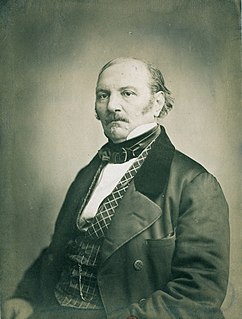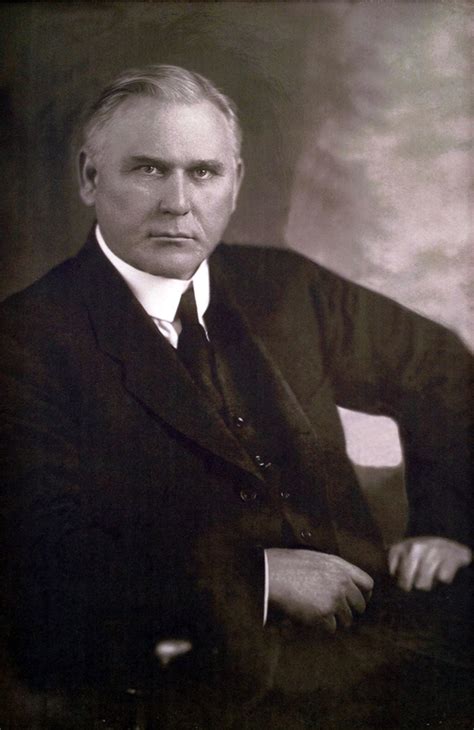A Quote by Saint Francis de Sales
One of the most evil dispositions possible is that which satirizes and turns everything to ridicule. God abhors this vice, and has sometimes punished it in a marked manner
Related Quotes
God did not create the evil. He established the laws which are always good because he is good. The spirits would have been completely happy had they faithfully observed the law since the beginning. But, being free to make choices, the spirits have not properly obeyed them so that evil come as a consequence of this unwillingness. One can then say that good corresponds to everything which is in accordance with God's law while evil is everything which opposes it.
God is always present, always available. At whatever moment in which one turns to him the prayer is received, is heard, is authenticated, for it is God who gives our prayer its value and its character, not our interior dispositions, not our fervor, not our lucidity. The prayer which is pronounced for God and accepted by him becomes, by that very fact, a true prayer.
That utterance of Jesus, "Render therefore unto Caesar the things which are Caesar's, and unto God the things that are God's," is one of the most revolutionary and history-making utterances that ever fell from those lips divine. That utterance, once and for all, marked the divorcement of church and state. It marked a new era for the creeds and deeds of men.
Either Christianity is true or it's false. If you bet that it's true, and you believe in God and submit to Him, then if it IS true, you've gained God, heaven, and everything else. If it's false, you've lost nothing, but you've had a good life marked by peace and the illusion that ultimately, everything makes sense. If you bet that Christianity is not true, and it's false, you've lost nothing. But if you bet that it's false, and it turns out to be true, you've lost everything and you get to spend eternity in hell.
Evil is thus a kind of parasite on goodness. If there were no good by which to measure things, evil could not exist. Men sometimes forget this, and say, there is so much evil in the world that there cannot be a God. They are forgetting that, if there were no God, they would have no way of distinguishing evil from goodness. The very concept of evil admits and recognizes a Standard, a Whole, a Rule, an Order. Nobody would say that his automobile was out of order if he did not have a conception of how an automobile ought to run.
Justice demands that the good and hard-working be rewarded and the evil and the lazy be punished (if only by the withholding of the rewards of doing the right things). Modern Liberalism demands that the good and hardworking be punished as the recipients of an unfair advantage and the evil and the lazy be rewarded, their acts of evil and their failure all the proof the Modern Liberal needs that somehow they have been victimized by forces out of their control.
A man of God has many brothers. He is a wounded soldier - he is familiar with the pain one feels in his heart, as a close and loving brother, when a brother falls victim of evil men or turns to evil desires (the latter sometimes even betrayal). Because of this, too, he is and must be well-acquainted with and trained in the strengths of hope and the gentleness of forgiveness and mercy.
Idleness is the grand Pacific Ocean of life, and in that stagnant abyss the most salutary things produce no good, the most noxious no evil. Vice, indeed, abstractedly considered, may be, and often is engendered in idleness; but the moment it becomes efficiently vice, it must quit its cradle and cease to be idle.
Understanding a theory has, indeed, much in common with understanding a human personality. We may know or understand a man's system of dispositions pretty well; that is to say, we may be able to predict how he would act in a number of different situations. But since there are infinitely many possible situations, of infinite variety, a full understanding of a man's dispositions does not seem to be possible.





































